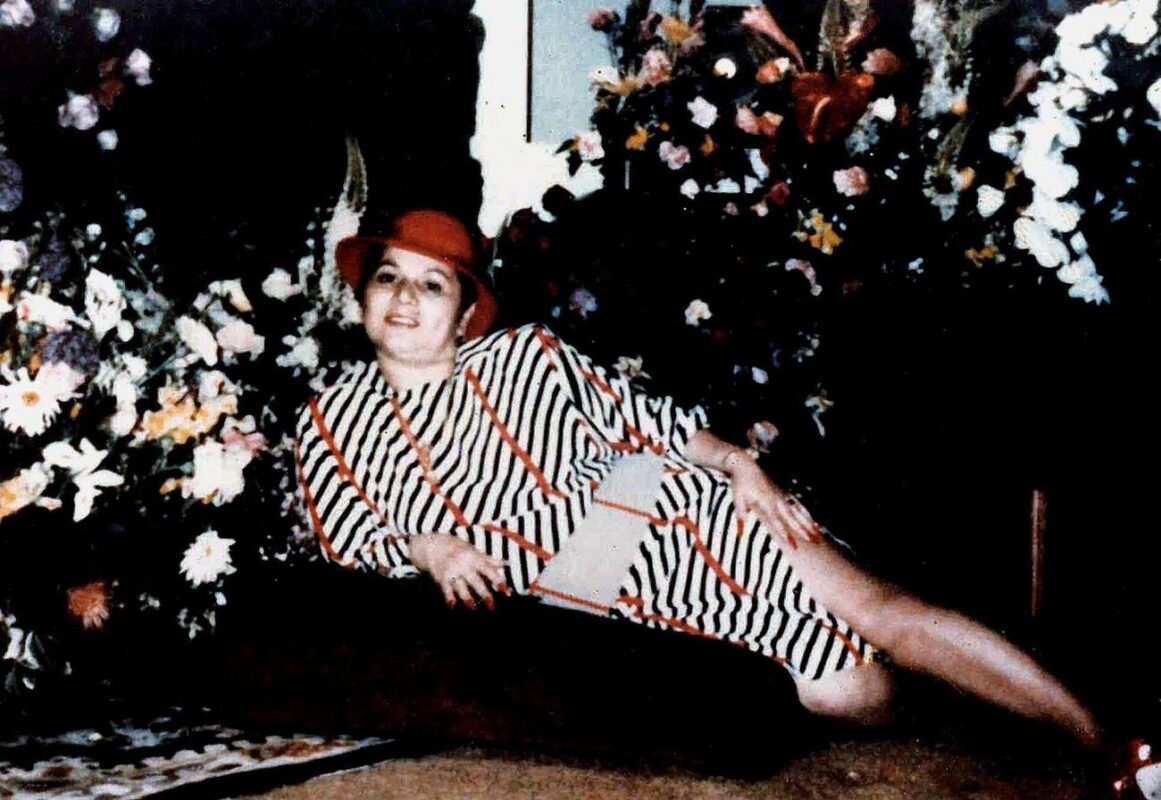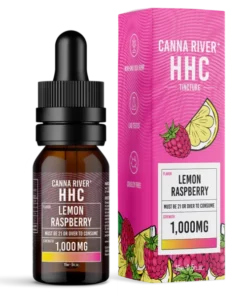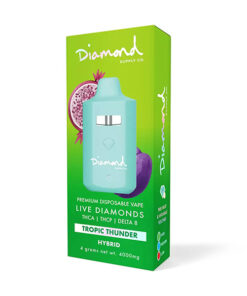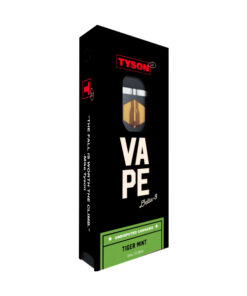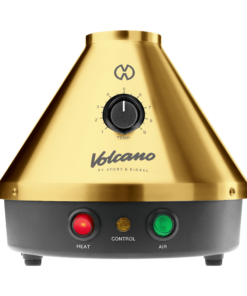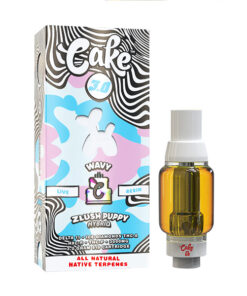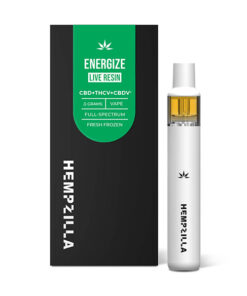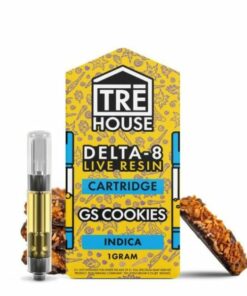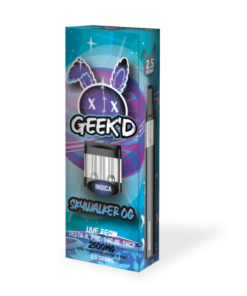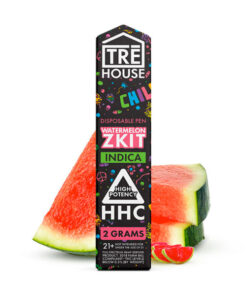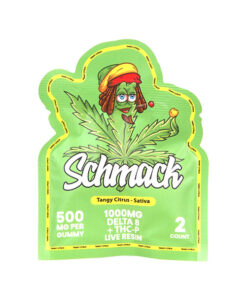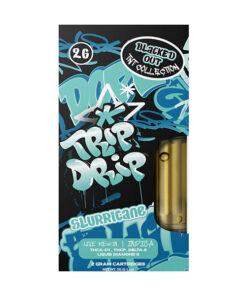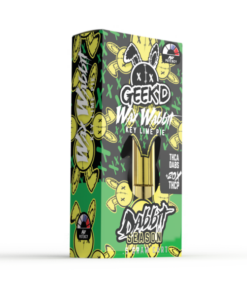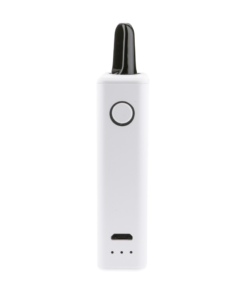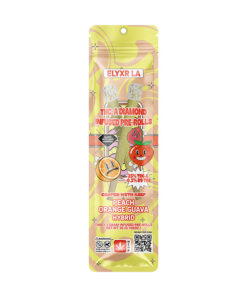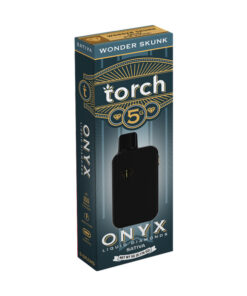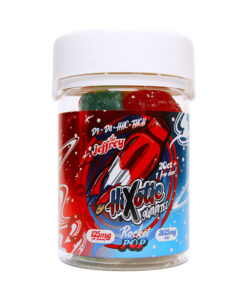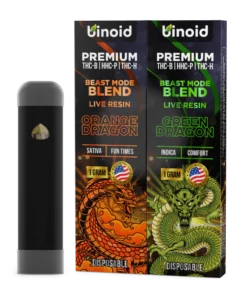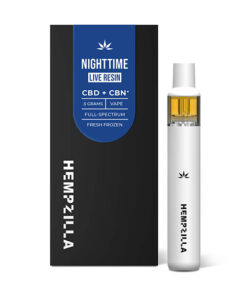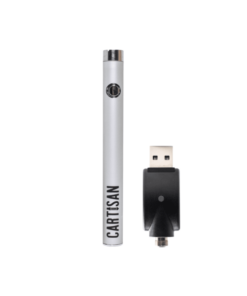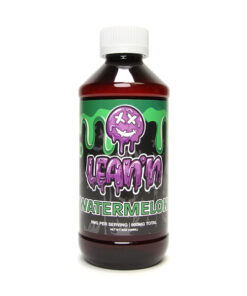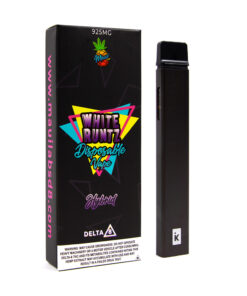The Real Griselda Blanco! Everything Netflix Didn’t Tell You
Known as the Black Widow or Cocaine Godmother, Griselda Blanco’s story was brought to life in the series directed by Andrés Baiz and produced by Eric Newman and Sofia Vergara.
If you’ve watched the show, you might be eager to delve deeper into the real Griselda Blanco. Look no further, as we’ve done the research for you. Here’s what we discovered:
Griselda’s Childhood:

Born on 15th February 1943 in Cartagena, Colombia, Griselda Blanco was the daughter of Ana Lucía Restrepo and Fernando Blanco.
At the age of 3, Griselda and her mother relocated to Medellín, where she was first exposed to a life of crime. By the time she was 13, Griselda had already begun robbing people.
Following sexual abuse at home by her mother’s boyfriend, Griselda made the decision to flee at the age of 19, resorting to theft to survive.
While it is alleged that she turned to prostitution during this period, there is no conclusive evidence. However, Alberto and Fernando mention this in the first and second episodes of the series.
Who Were the Men in Griselda’s Life?
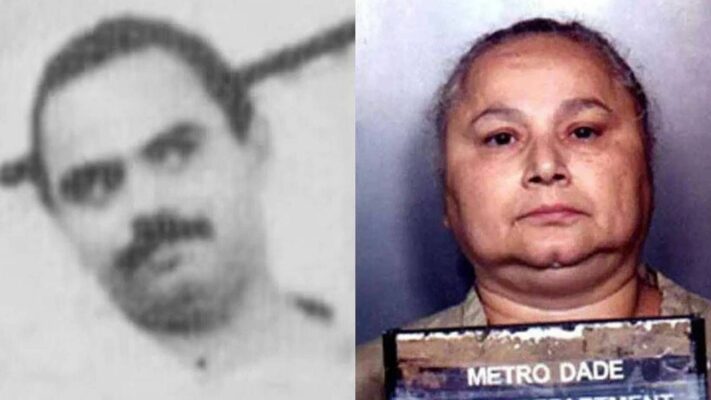
In the Netflix series, we’re introduced to Griselda in 1978, just after she has murdered her husband, Alberto Bravo, leaving behind three children. One of her sons in the show denies Alberto as his father.
Initially, Griselda was married to Carlos Trujillo, with whom she had three children: Dixon, Uber, and Osvaldo Trujillo. Allegedly, Griselda orchestrated Carlos’s murder following a business dispute after their divorce.
Griselda then married her second husband, Alberto, a drug baron who reportedly introduced her to the drug trade. In 1965, they moved to Queens, New York, chasing the American dream.
While their drug business flourished initially, Griselda was eventually indicted on federal drug conspiracy charges. To evade conviction, the family returned to Colombia in 1975.
Griselda was discontented with Alberto’s management of their finances, leading to their strained relationship. They had no children together, and Griselda ultimately killed Alberto during a heated argument, prompting her to flee to America.
Upon arriving in Miami in the late 1970s, Griselda resumed her drug enterprise independently. Dario Sepúlveda’s entrance into Griselda’s life remains unclear.

According to the Netflix series, Dario, formerly Fernando’s bodyguard, sought revenge for his boss, Alberto’s brother, who pursued Griselda. Fernando tasked Dario with killing one of Griselda’s sons, but Dario shot Fernando instead, saving Griselda.
Subsequently, Griselda employed Dario as her bodyguard, and they engaged in a secret affair. They had a son named Michael Corleone Blanco.
However, their relationship deteriorated, leading to their separation in 1983, when Dario took Michael back to Colombia.
Allegedly, Griselda and Dario disputed custody over Michael, resulting in Griselda orchestrating Dario’s murder and bringing her son back to America.
How Did Griselda’s Sons Die?
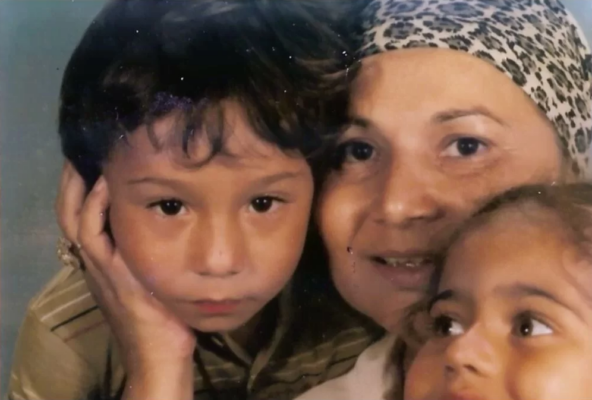
In 1985, Griselda was arrested and charged with conspiring to manufacture, import, and distribute cocaine. Following her trial, she was convicted and sentenced to 15 years.
Concurrently, law enforcement continued their pursuit, eventually charging Griselda with three counts of first-degree murder, largely due to the cooperation of Jorge “Rivi” Ayala-Rivera, Griselda’s hitman.
Ayala is suspected of carrying out numerous killings on Griselda’s orders, including the tragic death of Chucho’s two-year-old son.
Chucho, once in Griselda’s employ, fell out of favor and became the target of a hit. While Chucho survived a drive-by shooting, his son did not.
The prosecution believed they had a strong case against Griselda, bolstered by Rivi’s testimony. However, the case never made it to trial due to complications arising from a phone sex scandal involving Ayala and two female secretaries from the state attorney’s office.
While incarcerated, Griselda’s adversaries orchestrated simultaneous attacks on her sons. Three out of her four children perished, leaving only Michael alive.
How Did Griselda Die?

In 2004, Griselda Blanco was granted compassionate release from prison due to her declining health and deported to Medellín.
According to her son Michael, Griselda found solace in religion and embraced Christianity. Tragically, in September 2012, while shopping in a butcher shop with her daughter-in-law, an unidentified assailant riding a motorbike shot her twice.
Griselda succumbed to her injuries on the spot at the age of 69.
What Happened to Michael?
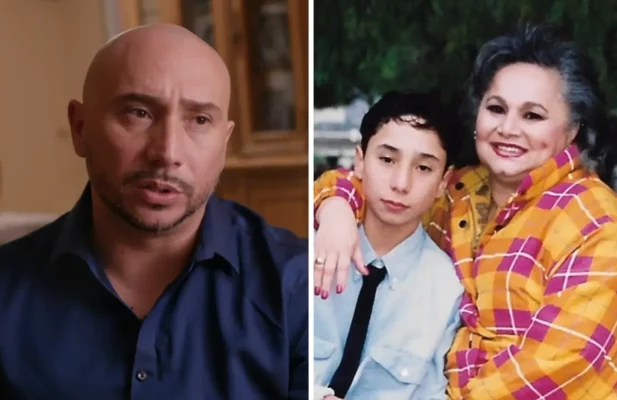
At present, Michael is 45 years old and has encountered legal troubles. In 2012, he faced house arrest after being convicted on two felony counts of cocaine trafficking and conspiracy to traffic cocaine.
Despite this, he established his own clothing business and has made appearances on several TV shows to share insights into his life.
Currently, he is pursuing legal action against Netflix for their portrayal of his mother in their new mafia series, which draws inspiration from her real-life story.
Michael recounts that his upbringing was characterized by isolation from other children and constant company from an “entourage of men” who dined with his family and accompanied them everywhere. Reflecting on a photo of his family and their armed bodyguards at Disney World, Michael questions the normalcy of such a lifestyle.
He recalls feeling that being surrounded by armed men even on vacation was standard, despite acknowledging the underlying sense of unease.
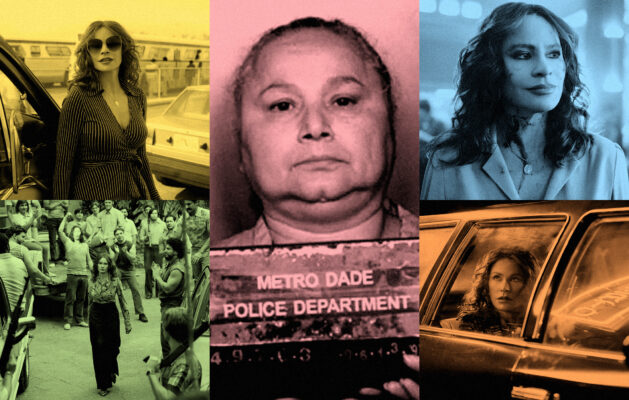
Growing older, Michael realized that his mother, Griselda, was a figure to be feared, though the reasons weren’t always clear.
He witnessed a heated exchange between Griselda and a business associate, and though he was ushered out before it escalated, he vividly remembers the man’s terrified screams abruptly silenced.
Another distressing memory for Michael is an incident where his actions inadvertently contributed to violence. Raised by macho figures who condoned inappropriate behavior towards women, Michael recounts an evening when he inappropriately touched a woman at his father’s party.
When the woman’s husband confronted him, Darío, Michael’s associate, reacted by killing the man and disposing of his body.
Michael grapples with the guilt of his actions, recognizing his role in the tragic outcome. The memory continues to haunt him, serving as a reminder of the consequences of his upbringing.
Michael maintains that he only grasped the full extent of his mother’s criminal activities after her arrest, when his cousin revealed Griselda’s monikers: “the Black Widow” and “the boss of bosses to all the Colombians” in Miami.
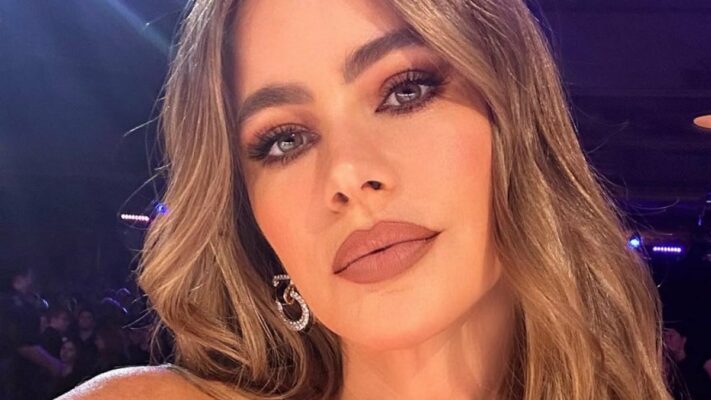
This revelation profoundly shook Michael, likening himself to Michael Corleone from the movies, except in his story, there was no Godfather, only a Godmother — his mother.
The most poignant moment for Michael arrives as he confronts the devastation left by his mother. Besides facing drug trafficking charges, Griselda was “suspected of ordering over 200 assassinations,” he discloses, expressing genuine remorse for the immense harm inflicted by his mother.
Yet, he grapples with reconciling this knowledge with his cherished memories of the woman who raised him: “When I found out the truth, it hurt me to know that she destroyed other people’s [lives] and families, because I didn’t know that Griselda. I knew my mommy.”
Even today, he feels relieved that Griselda lied about Darío’s murder, choosing to blame their “enemies” instead, as acknowledging the truth might have fueled his resentment towards her.
Michael’s willingness to confront the complexities of Griselda’s legacy, both as a cartel leader and a mother, underscores the intricacy of this narrative.
There are no simplistic explanations here, and reducing Griselda’s story to a singular narrative, such as that of a feminist underdog, oversimplifies the reality.


